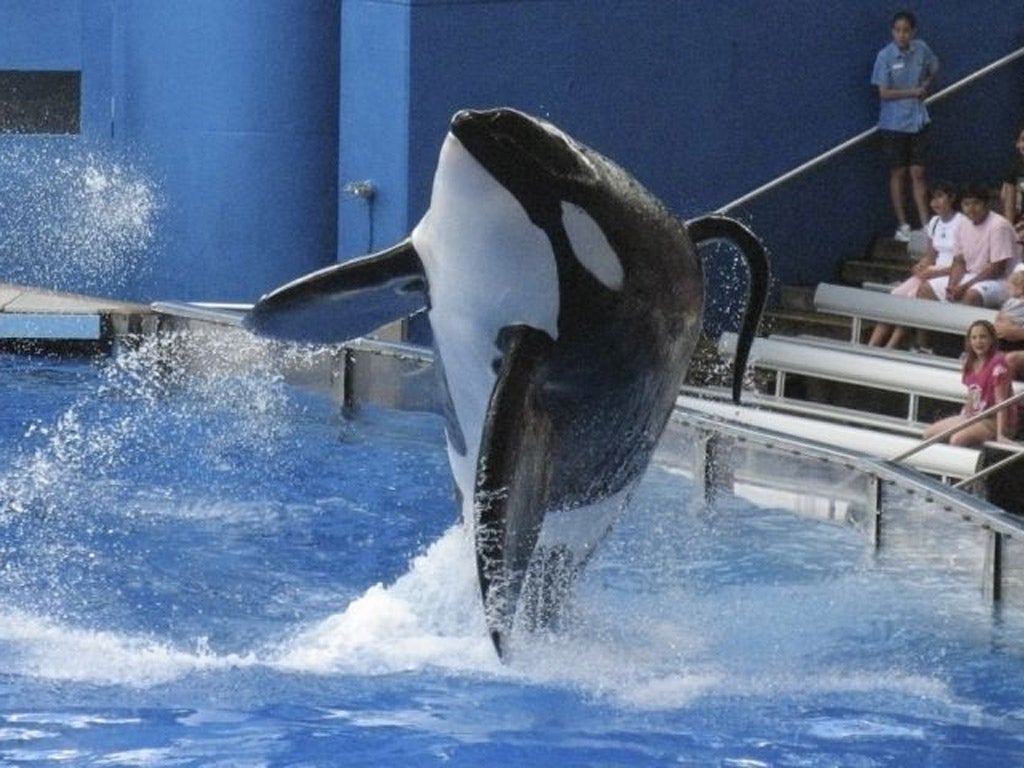Performing whales are not 'slaves', says US judge

Your support helps us to tell the story
From reproductive rights to climate change to Big Tech, The Independent is on the ground when the story is developing. Whether it's investigating the financials of Elon Musk's pro-Trump PAC or producing our latest documentary, 'The A Word', which shines a light on the American women fighting for reproductive rights, we know how important it is to parse out the facts from the messaging.
At such a critical moment in US history, we need reporters on the ground. Your donation allows us to keep sending journalists to speak to both sides of the story.
The Independent is trusted by Americans across the entire political spectrum. And unlike many other quality news outlets, we choose not to lock Americans out of our reporting and analysis with paywalls. We believe quality journalism should be available to everyone, paid for by those who can afford it.
Your support makes all the difference.The grand emancipation of America's popular performing orcas has been postponed, thanks to the not-so-startling conclusion of a district court judge in San Diego that, on balance, whales and humans are not the same thing.
That the issue ever reached the chambers of Judge Jeffrey Miller was the work of the animal rights group, People for the Ethical Treatment of Animals, which filed a suit against SeaWorld, the aquatic theme park chain. Peta alleged that by holding the whales in concrete tanks and obliging them to "work" several times a day entertaining tourists, SeaWorld was violating the 13th amendment to the American constitution, which bans slavery.
By the standards of the US legal system, the answer came very quickly. Nice try, but the 13th amendment, adopted after the US Civil War, pertains to humans and not animals.
Meanwhile, take with a pinch of salt any profession of disappointment from Peta. This was a legal foray that produced a public relations splash, never mind the outcome. Dismissing the lawsuit, filed on behalf of five killer whales, Judge Miller was to the point. "The only reasonable interpretation of the 13th amendment's plain language is that it applies to persons, and not to non-persons such as orcas," he said.
SeaWorld welcomed the ruling, saying: "We cannot hope this is Peta's last publicity stunt but we can now refocus our energy in more positive and constructive ways: delivering high-quality education experiences to our guests and providing the highest possible standard of care to our animals."
Join our commenting forum
Join thought-provoking conversations, follow other Independent readers and see their replies
Comments